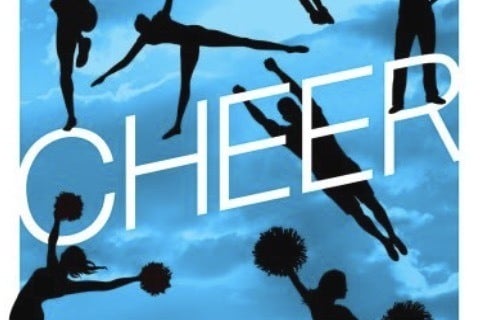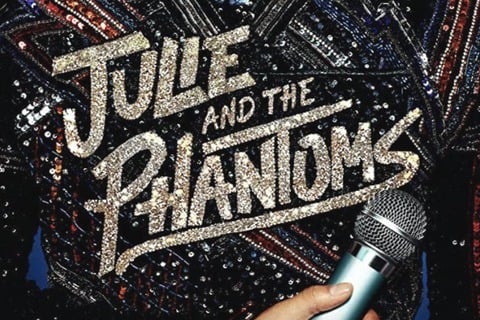Cheering involves the uttering or making of sounds and may be used to encourage, excite to action, indicate approval, or welcome. The word cheer originally meant face, countenance, or expression, and came through Old French into Middle English in the 13th century from Low Latin cara, head; this is generally referred to the Greek καρα;. Cara is used by the 6th-century poet Flavius Cresconius Corippus, Postquam venere verendam Caesilris ante caram. Cheer was at first qualified with epithets, both of joy and gladness and of sorrow; compare She thanked Dyomede for ale... his gode chere with If they sing... tis with so dull a cheere. An early transference in meaning was to hospitality or entertainment, and hence to food and drink, good cheer. The sense of a shout of encouragement or applause is a late use. Defoe speaks of it as a sailor's word, and the meaning does not appear in Johnson.
Acerca de Cheer
Docuseries chronicling the preparation of the Navarro College cheerleaders as they prepare for a national championship. The first season had six episodes.
Los logros de Cheer
Netflix ordered the series from Greg Whiteley following his success with another sports docuseries called Last Chance U.
Información más reciente sobre Cheer actualizada el 28 de Julio, 2021.












